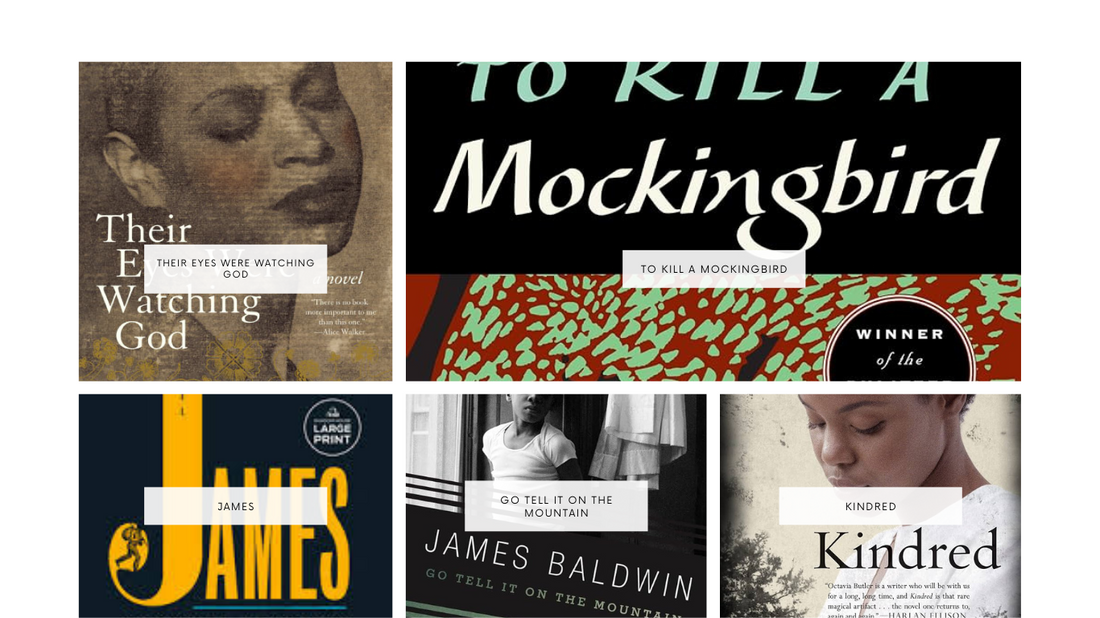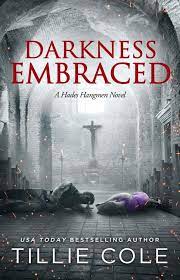"To Kill a Mockingbird" by Harper Lee has left an indelible mark on literature, addressing themes of racial injustice, morality, and empathy. If you found yourself captivated by the moral dilemmas and societal reflections within Lee's work, here are six books, including works by Black authors, that offer rich narratives and thought-provoking insights.
1 - "The Color Purple" by Alice Walker:
Alice Walker's Pulitzer Prize-winning novel investigates race, gender, and identity in the American South. Celie, the protagonist, undergoes profound personal growth and resilience amidst oppression and abuse. Like "To Kill a Mockingbird," "The Color Purple" explores racial injustices, and human resilience.
2 - "Their Eyes Were Watching God" by Zora Neale Hurston:
Zora Neale Hurston's lyrical masterpiece follows Janie Crawford's journey to self-discovery and independence. Set in the early 20th century, it examines love, identity, and autonomy within the African American community. Hurston's narrative parallels the societal expectations and personal growth found in "To Kill a Mockingbird."
3 - The Hate U Give" by Angie Thomas:
Angie Thomas's groundbreaking young adult novel addresses racism and police brutality through the eyes of Starr Carter. Confronting contemporary issues, the book echoes the moral clarity and social consciousness of "To Kill a Mockingbird," emphasizing the power of speaking truth to power.
4 - Kindred" by Octavia E. Butler:
Octavia E. Butler's science fiction novel intertwines history and time travel to explore the legacy of slavery in America. Through Dana's experiences, Butler illuminates the enduring impact of systemic oppression, akin to confronting uncomfortable truths found in "To Kill a Mockingbird.
5 - Go Tell It on the Mountain" by James Baldwin:
James Baldwin's debut novel offers a searing portrayal of race, religion, and sexuality in 1930s Harlem. The narrative addresses the intersections of race, religion, and personal freedom, making it a fitting companion to "To Kill a Mockingbird."
6 - James" by Percival Everett
Percival Everett's "James" reimagines "Adventures of Huckleberry Finn" from the enslaved Jim's perspective. The electrifying humor and lacerating observations in Everett's work provide a radical new light on Jim's agency, intelligence, and compassion. Brimming with humor and social commentary, "James" promises to be a cornerstone of twenty-first-century American literature.
These six books, offer diverse perspectives and narratives resonating with the themes of "To Kill a Mockingbird."
Each invites readers to engage critically with the complexities of the human experience, further enriching the literary landscape.












